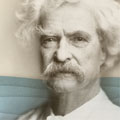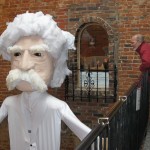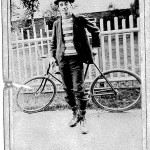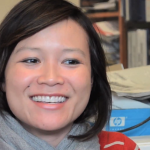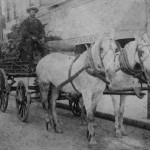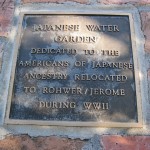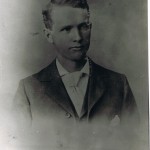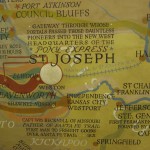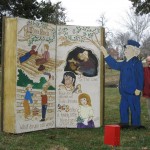Though best known for his ten years as editor of The Baltimore Sun and five years as editor of the Los Angeles Times (during which the staff won 13 Pulitzers), John S. Carroll can speak about race relations in the South as an almost native son.
Carroll, 69, spent much of his childhood in Winston-Salem, N.C., where his father edited the Journal and Sentinel. He recalls as a boy not knowing any African Americans, “except for people who were household servants.” He says, “The blacks were completely shut out of the world that I inhabited and it was a world that had money and opportunities and political power.”
But dramatic change has transformed Winston-Salem. While the city still has “a long way to go,” Carroll says, it has its share of black business and political leaders, doctors and lawyers.
In 1979, Carroll began a dozen-year stint as editor of the Lexington Herald, in a Kentucky city as much Southern as it is Appalachian. He soon learned about a skeleton in the paper’s closet from humiliated journalists who regretted the paper’s history: During the 1960s the publisher of the morning Herald and afternoon Leader had limited coverage of the African American community to little more than a “Colored Notes” column and reports of crimes by “Negroes.”
The papers “hadn‘t covered the civil rights demonstrations in other cities or had reduced them down to little briefs and put them so far back in the paper that nobody saw them,” Carroll says. The publisher “didn’t want to give local blacks ideas,” Carroll adds, “didn’t want them to be misbehaving and demonstrating and getting violent.”
Even worse, the Herald and Leader downplayed the early Main Street sit-ins in Lexington, 50 yards from the papers’ front door, Carroll says. The demonstrations, as early as July 1959, occurred more than a half-year before those in Greensboro, N.C., that inspired young people nationwide. The Lexington newspapers swept the local effort “under the rug and it didn’t become part of history,” Carroll says.
Later, during Carroll’s time as the Herald’s editor, a staff member proposed as a joke that the paper make up for its enormous lapse by running a brief correction on page 2, where the Herald usually acknowledged inconsequential errors of fact and spelling.
The correction would read: “It has come to our attention that the Herald and Leader neglected to cover the civil rights movement. We regret the omission.”
In 2004, the Herald-Leader chose the 40th anniversary of the Civil Rights Act of 1964 to publish a detailed account of Lexington’s overlooked civil rights history. The article recounted Audrey Grevious’s memory of taking part in one of the city’s first lunch counter sit-ins—“the cold, wet shock she felt as a waitress poured a glass of Coca-Cola all over her, while the whites standing behind her hissed, ‘Nigger!’”
As our interview at Carroll’s Lexington home nears its end, he recalls a 1980s Herald-Leader public opinion survey that reminds me of a continuing racial divide today. The whites polled said they loved Lexington. The blacks, filled with hurt, recalled personal slights—not being able to attend major Lexington events, including University of Kentucky basketball and football games.
Exactly a week after our conversation with Carroll, we are driving south through Natchez, Mississippi. I pick up that day’s Natchez Democrat, which suggests what happened in Lexington is not unique. A front-page Veteran’s Day article recounts the eight-year wait of Shane Peterson to have his master’s thesis research acknowledged by the addition of four bronze plaques on the Natchez federal courthouse.
The plaques update the local World War I memorial. That memorial, erected in 1924 during the Jim Crow era, omitted the names of 699 soldiers, 85 percent of them African-American.
The Democrat quoted the statement of General Services Administration Administrator Martha Johnson at the plaques’ unveiling. “No matter when you served or for how long and no matter your race, gender or creed, you country will never leave your side,” Johnson said. “Where once there was a wrong, there is a right.”
Loren Ghiglione
